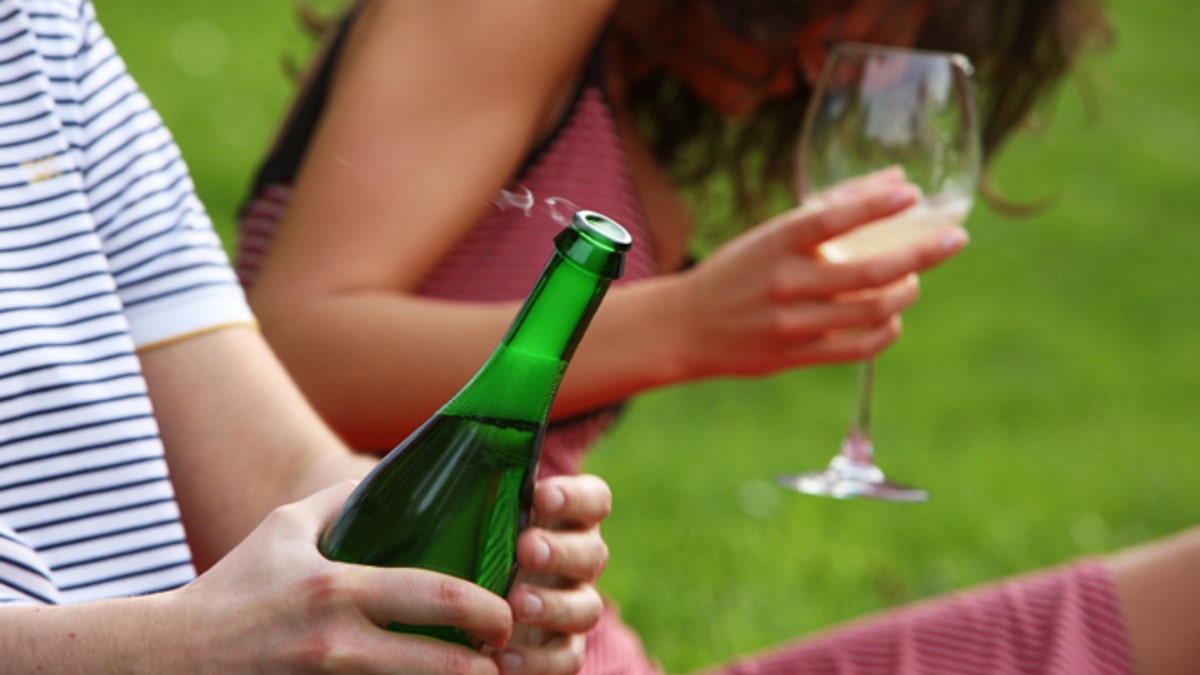
Who is more likely to abuse alcohol? (iStock)
Ever wondered who drinks the most?
According to a new study by the Organization of Economic Cooperation (OECD), a international group which measures worldwide trends, highly-educated, wealthy men are more likely to knock them back more than any other group studied.
But wealthy women and poor men are most likely to abuse alcohol or take part in “hazardous drinking,” says the study.
The report detailed alcohol's harmful effects, including health problems, work place accidents and decreased economic output. For example, in some countries the determents of drinking can cost up to 1 percent of economic growth. In the U.S. where the economy grew by $650 billion last year, that amounts to about $6.5 billion in health care expenses and costs related to crime in 2014.
Another disturbing trend noted by the report is the rise of underage drinking. The number of girls under the age of 15 who admitted to drinking rose from 26 percent in 2001 to 41 percent in 2010. For boys in the same age group, that number jumped from 30 percent to 43 percent in the same time period. In the U.S., a survey of high school seniors found that 20 percent claimed to have engaged in binge drinking—drinking five or more drinks during a given occasion.
Beer is the most popular alcoholic beverage in America, while the French mostly favor wine, as do those in Portugal and Italy. But in Russia, spirits, like vodka, are the go-to alcoholic.
Though the study notes that there is “no single variable” to predict the drinking habits of any one person, the report details guidelines for countries to help curtail possible alcohol abuse.
The OECD recommends increasing the price of alcohol by raising taxes on products or raising the minimum price on drinks to help curtail drinking. The organization believes the price increase could reduce consumption in men who are heavy drinkers under the age of 25 by about 1.7 percent and up to six percent in adult women who drink moderately.
Yet the alcohol industry vehemently opposes any recommendations to raise prices on alcohol products, saying cost is not a determining factor that leads binge drinking and alcoholism.
"Numerous studies, including [National Institute on Alcohol Abuse and Alcoholism] funded research, show that raising the price does not deter heavy alcohol abusers," the U.S. Distilled Spirits Council said in a response statement.
